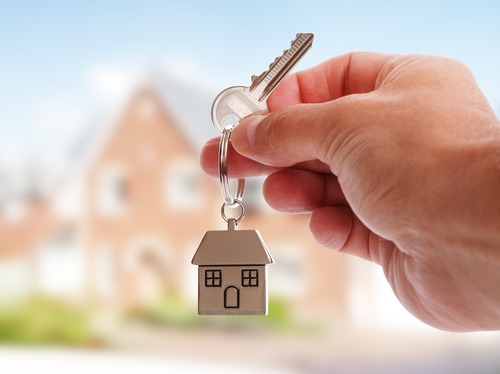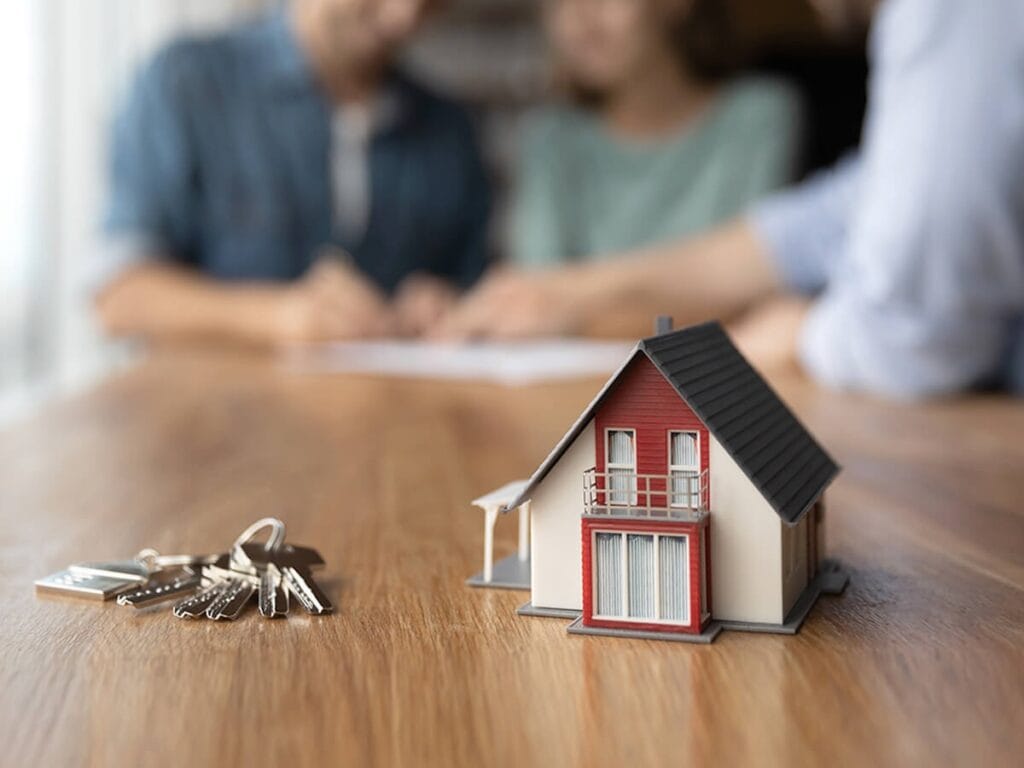How to Use Your Home Loan for Buying a Second Property in Pune
Pune, a city known for its educational institutions, Home Loan for Buying a Second Property vibrant culture, and booming real estate market, has become one of the most desirable places to live in India. For many homebuyers, investing in a second property has become an attractive option, whether it’s for rental income, vacation homes, or long-term wealth creation. But how can you leverage your existing home loan to buy a second property in Pune?
At MortBuzz India Solutions Pvt Ltd, we specialize in helping people understand their financial options and guide them toward the right solutions when it comes to home loans, balance transfers, and more. In this blog, we’ll walk you through how you can use your existing home loan to buy a second property in Pune, including the process, eligibility criteria, benefits, and some challenges to consider.
Understanding the Process of Using Your Home Loan for Buying a Second Property

A home loan for a second property works similarly to the loan you took for your first home, but there are key differences in terms of eligibility and the loan amount. If you already own a property and are considering buying a second property, here are the steps you need to follow:
1. Assess Your Financial Eligibility
Before you apply for a second home loan, it’s essential to evaluate your financial standing. Lenders, including reputed banks like Bank of India, Bank of Baroda, and IDBI Bank, will assess factors like your income, credit score, existing loan obligations (like the EMI on your first property), and the value of the second property you wish to buy. for Home Loan for Buying a Second Property
Your eligibility will largely depend on your income, outstanding loan amounts, and the monthly EMI burden. Generally, banks offer up to 80-90% of the property’s value as a loan, but this percentage may be lower for a second property. The key consideration here is that the total EMI (combining both properties) should not exceed around 40-50% of your monthly income.
2. Check Your Loan-to-Value Ratio (LTV)
For a second property, the Loan-to-Value (LTV) ratio typically ranges from 70% to 80%. This means the bank will only provide a loan for 70-80% of the property’s value, and you will have to arrange for the remaining 20-30% as a down payment. While the LTV for a first home can be as high as 90%, for a second home, banks tend to reduce the LTV ratio due to the increased risk.
To make up for the difference, you will either need to have sufficient savings or consider using the equity in your current property. If you have already paid off a significant portion of your first home loan, you may be able to use the equity in that property to finance part of the second property.
3. Choose the Right Type of Loan
There are different types of loans you can consider when buying Home Loan for Buying a Second Property:
- Home Loan: You can take out a home loan specifically for buying the second property. In this case, the interest rate may be slightly higher compared to a home loan for your first property due to the increased risk to the lender.
- Top-up Loan: If you already have an outstanding home loan on your first property, you may be eligible for a top-up loan. This is an additional loan on your existing home loan, which can be used for buying a second property. Since you are already an established customer of the bank, this option may come with fewer formalities and lower documentation.
- Loan Against Property (LAP): If you have significant equity in your first property, you may choose to take a loan against property to fund the second property. This can be a viable option if you do not want to go through the process of taking out a second home loan.
4. Get the Necessary Documents Ready
The documentation for a Bank of India second home loan is similar to the documentation required for the first home loan, but you will also need to provide additional paperwork. These might include:
- Property documents of the first and second property
- Proof of income (salary slips, IT returns, etc.)
- Bank statements
- Details of any existing loans or liabilities
The process of verification may take longer than your first home loan, so it’s important to stay prepared and keep all documents handy.
5. Consider the Tax Implications
Buying a second property throughHome Loan for Buying a Second Property can have certain tax benefits. While you will still be eligible for tax deductions on the principal repayment (under Section 80C) and interest payment (under Section 24) for both loans, there is an important distinction when it comes to rental income:
- First Property: The principal and interest on the first home loan qualify for tax benefits under the Income Tax Act.
- Second Property: For the second property, the tax benefits are the same if you’re paying EMI for the second property’s loan. However, if you earn rental income from the second property, you will have to declare this income and pay taxes on it.
If the second property is self-occupied, you can still avail of tax benefits on the home loan. However, if it is rented out, the rental income will be added to your taxable income, which may affect your overall tax liabilities.
Benefits of Using Your Home Loan for Buying a Second Property in Pune
1. Investment Potential
Real estate in Pune has historically shown good appreciation in value. By purchasing a second property, you may benefit from rising property values over time, especially in fast-developing areas of the city. This long-term appreciation makes it a potentially lucrative investment for your future.
2. Rental Income
Buying a second property and renting it out can provide a steady stream of passive income. Pune’s growing demand for rental properties, especially in areas like Hinjewadi, Kalyani Nagar, and Wakad, ensures that you can generate monthly rental income that can help cover your loan EMIs or even provide additional cash flow.
3. Diversified Investment Portfolio
Real estate is considered a safer asset class compared to stocks or bonds, providing stability in your investment portfolio. By owning multiple properties, you diversify your assets and reduce exposure to market volatility.
4. Leverage Equity from the First Property
Using your existing Home Loan for Buying a Second Property can be a smart move, especially if you’ve paid off a significant portion of the first property. This allows you to leverage the equity you’ve built, rather than needing to arrange for a new down payment from your savings.
Challenges to Consider
While buying a second property can be a great financial decision, it’s important to consider the potential challenges:
- Higher Financial Commitment: Managing two EMIs can put significant pressure on your finances, especially if rental income doesn’t fully cover the second property’s EMI. Make sure you can comfortably handle the increased financial burden.
- Risk of Non-Occupancy: If you plan to rent out the second property, there’s always a risk of not being able to find tenants quickly, which could lead to financial stress.
- Property Maintenance: Owning a second property comes with maintenance costs, property taxes, and other associated expenses, which could affect your overall budget.
Apply At Mortbuzz India Solutions Pvt Ltd For Home Loan for Buying a Second Property
Using a homeHome Loan for Buying a Second Property in Pune is an attractive option for those looking to diversify their investments, secure rental income, or capitalize on rising property values. However, it requires careful planning, understanding of eligibility, and the ability to manage additional financial commitments.
At MortBuzz India Solutions Pvt Ltd, we help you explore all your financing options, whether you’re looking to buy a second property or refinance your current loan. If you need expert advice on home loans, balance transfers, or investment strategies in Pune, don’t hesitate to reach out to us!

